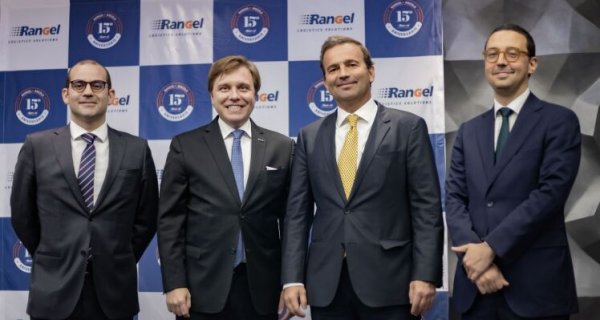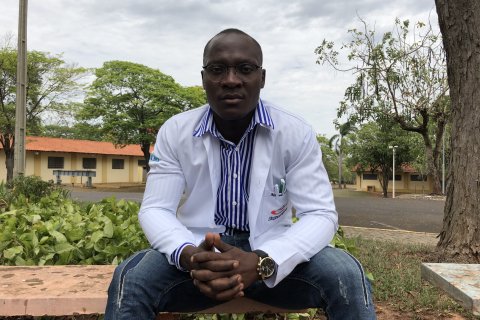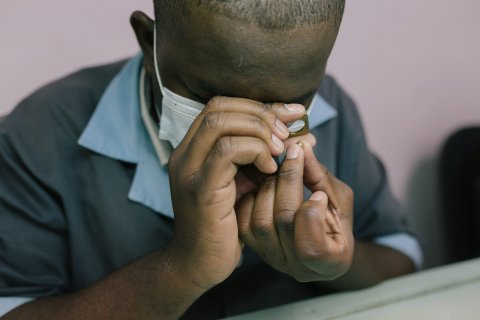Speaking to journalists at the closing ceremony of the FRESAN program in Namibe, Francisco Alegre Duarte emphasized that the program—the European Union's largest in Angola—was largely co-managed by the Camões Institute, whose prominent role in implementing European aid.
"It's worth tens of millions of euros, the largest European Union program funded in Angola, and a very substantial portion of it is co-managed by the Camões Institute," he emphasized.
Over the past three and a half years, the diplomat stated that he has closely monitored FRESAN's impact in the southern provinces, highlighting its results in supporting agricultural production and improving the quality of life of families who subsist on family farming.
He also noted that Portugal is Angola's second-largest trading partner, after China, with more than 1,250 Portuguese-owned or mixed-ownership companies operating in the country.
"These are companies that pay taxes in Angola, create tens of thousands of jobs, and train Angolan technical staff," he emphasized, noting that the country has the conditions to directly contribute to Angola's economic diversification, particularly through its investment in human capital.
This effort is compounded by the €2.5 billion financing line, currently focused on public infrastructure, which the diplomat argues should be expanded to sectors such as agriculture, tourism, and healthcare.
Regarding the Lobito Corridor, he emphasized that the current visible investment in the field is European and private, notably the Portuguese company Mota-Engil, which is part of the consortium responsible for the concession (Lobito Atlantic Railway) and has already created over a thousand jobs in Angola.
The company, he noted, is also operating a training center in partnership with the Portuguese company Fernave.
"It is essential that this operation is successful. If successful, it will inspire others and attract the appetite of more investors," he stated.
When asked about the Angolan state's level of compliance with its financial obligations, he admitted that "there have been some complaints from Portuguese companies regarding late payments," but assured that there is "excellent dialogue" with the government, particularly with the Ministry of Finance, to resolve the constraints.
Regarding the future public tender for the Moçâmedes Corridor, he said it was premature to anticipate Portuguese involvement, defending the focus on the success of the Lobito project.
"We will make the Lobito Corridor a great success. When we have a concrete proposal on the Moçâmedes Corridor, we will talk," he concluded.







